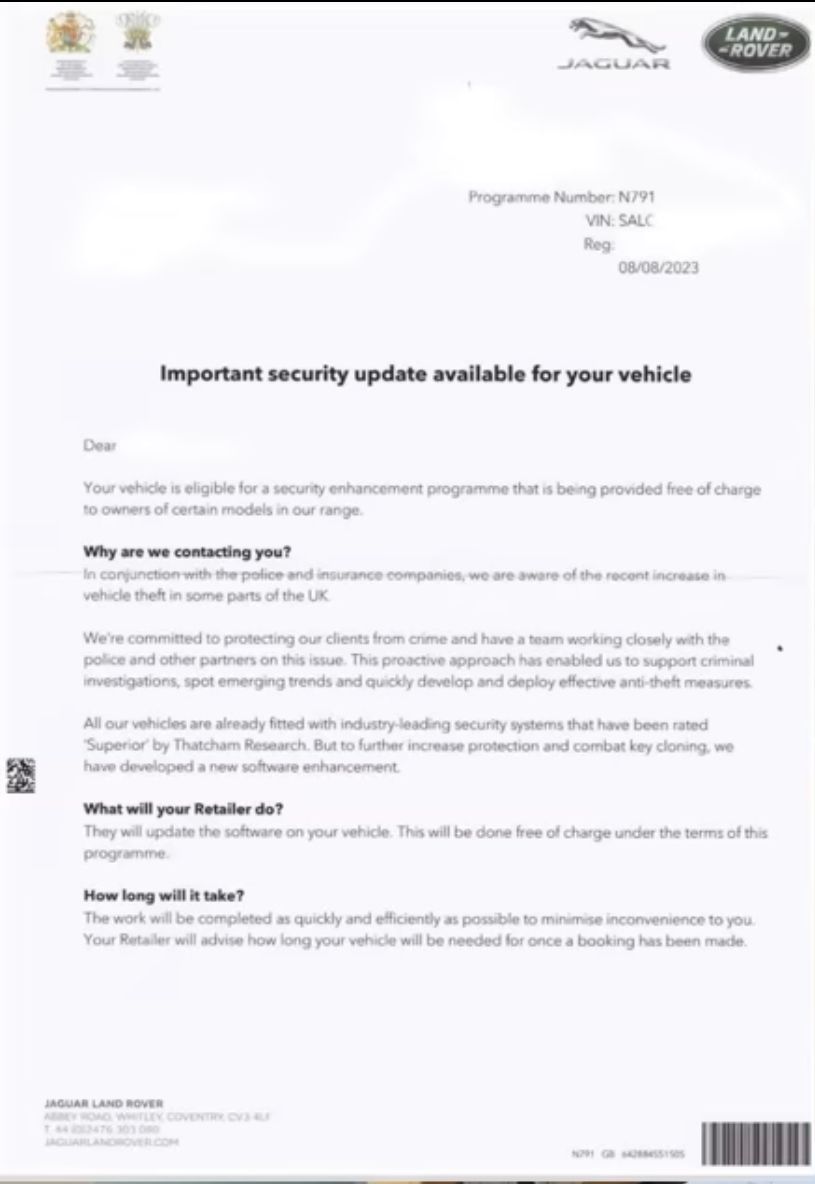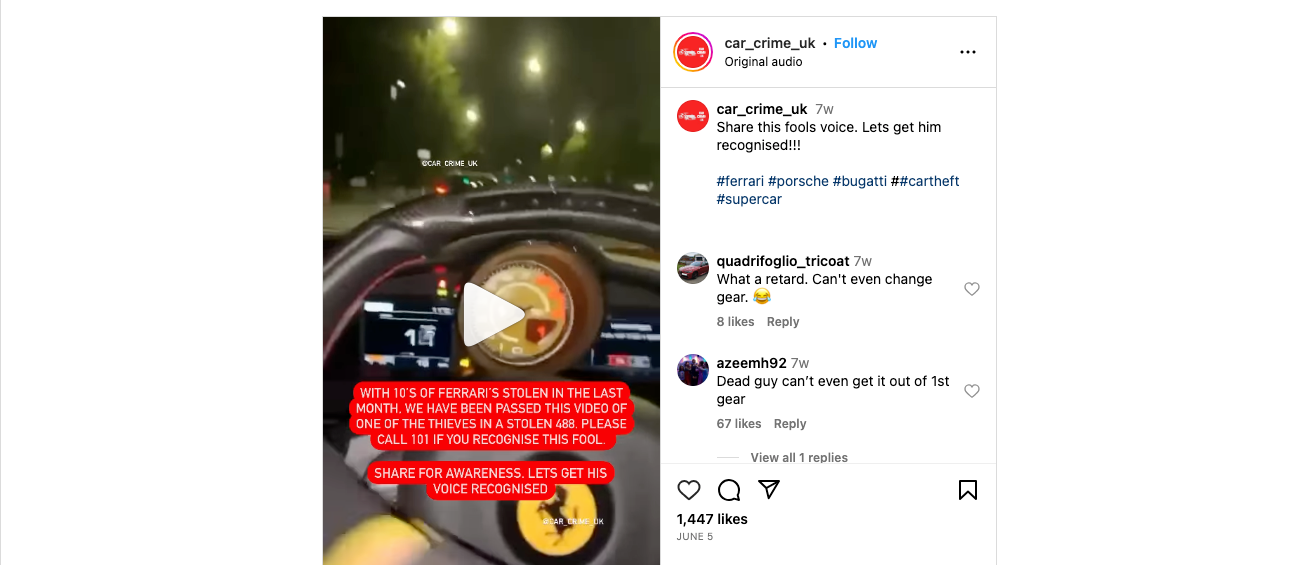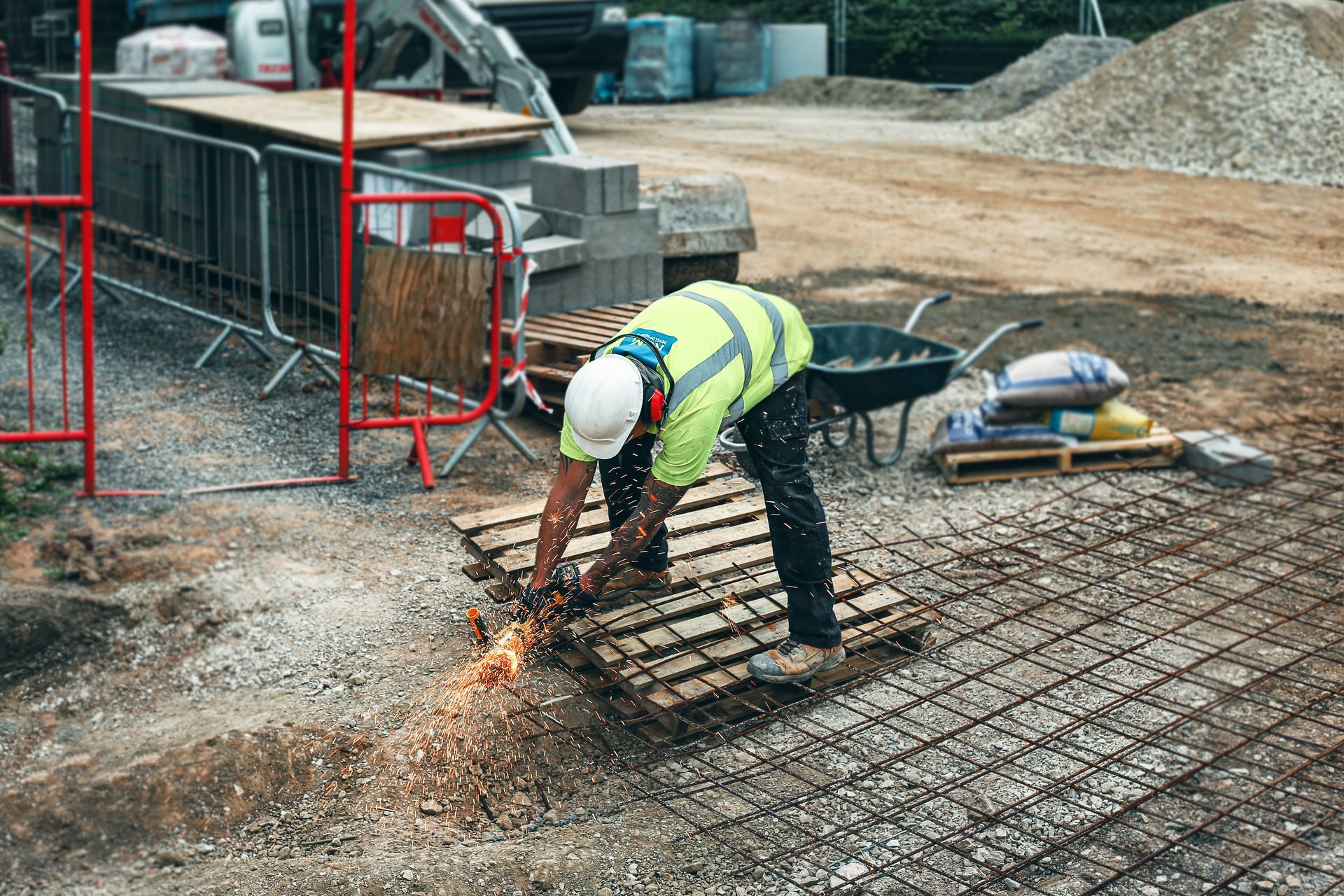Predictions of Political Unrest: What Could It Mean?
Samuel Cise • 28 August 2020
A wave of political violence is predicted coming out of the height of the COVID-19 pandemic.
It can be best represented on a scale with countries at the top using their resources and infrastructure to implicate a ‘new normality’. At the lower end lies the LEDC’s; unable to recover from not only the health impact of COVID-19, but the financial implications too. There is an overwhelming risk of crime rates increasing, such as Kidnap and Ransom.
Both the countries at the extremities and everything in between are at risk of facing increased Political Violence. It needs to be mentioned that Political Violence is not just people fighting against the government, it works both ways when individuals or groups use violence to achieve political motivation.
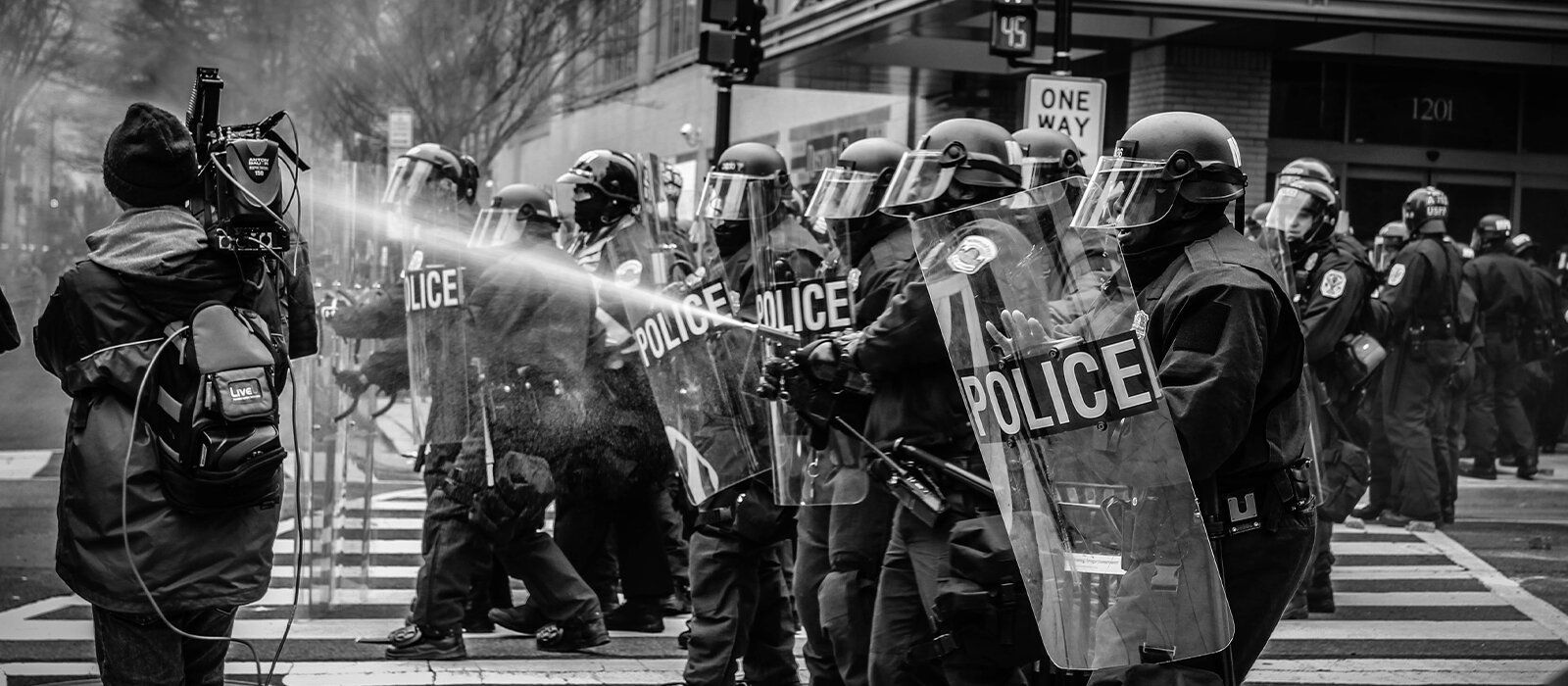
In the post peak era we are currently in, acts of state repression (state forces targeting civilians) have increased by around 30%. To use a case study, Mexico has already seen a 5% surge in violence targeting civilians! This exemplifies that perhaps, state actors are using the disarray of a country to regain control or tighten their political grip. Of course, the risk of political violence arises here as state violence towards populations is often met with retaliation.
It is expected that societies will react to the, as some would say, oppressive techniques exerted by the government on society. Groups in society may use this force exerted by governments as an excuse to retaliate against the state for issue present before the pandemic. COVID-19 has in some ways, facilitated an environment for a surge of political violence in societies already on the brink of disarray.
It is almost a given that there will be a disparity between countries implicating a ‘new normality’ by using a variety of resources available, at the other end of the scale, many countries will be left struggling to recover. With this struggle, it is predicted that crime rates including Kidnap and Ransom will increase along with a sharp spike in Political Violence.
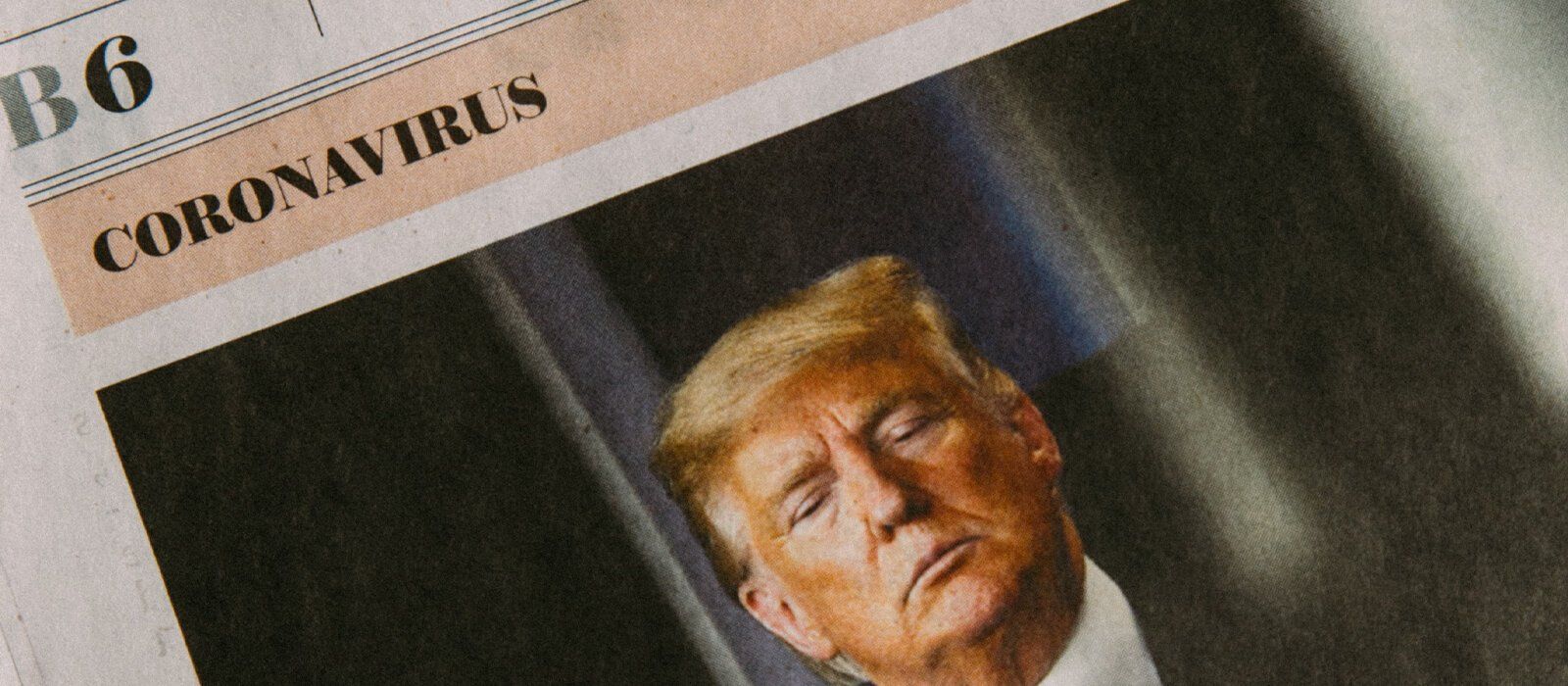
Societies reacting to governments management techniques of Covid…
People using Covid as a means to ensue a violent reaction to the state, already unhappy with the state in places where there is a large economic disparity (distrust in the government) – people feel that political entities are using the pandemic as a means to exert unnecessary force over population. Protests over the requirement to wear masks are happening all over the globe are perhaps just the tip of the iceberg…
Businesses at threat – A growing demand for SIR insurance
Soon, people will start to ask questions and the blame game may take off at unprecedented levels. The same leadership that is obeyed and followed at present will be blamed for the devastating loss of lives of loved ones tomorrow. It starts in Italy today and it may grow and reach high levels in other countries somewhere in the autumn of this year.
A strong unified message about necessary changes as an outcome of this crisis is needed to prevent a breakdown of trust in international structures and governance. A breakdown with huge consequences. All ingredients are present for a second crisis after the immediate one. A crisis characterised by the deepening displacement of trust between states and their citizens.
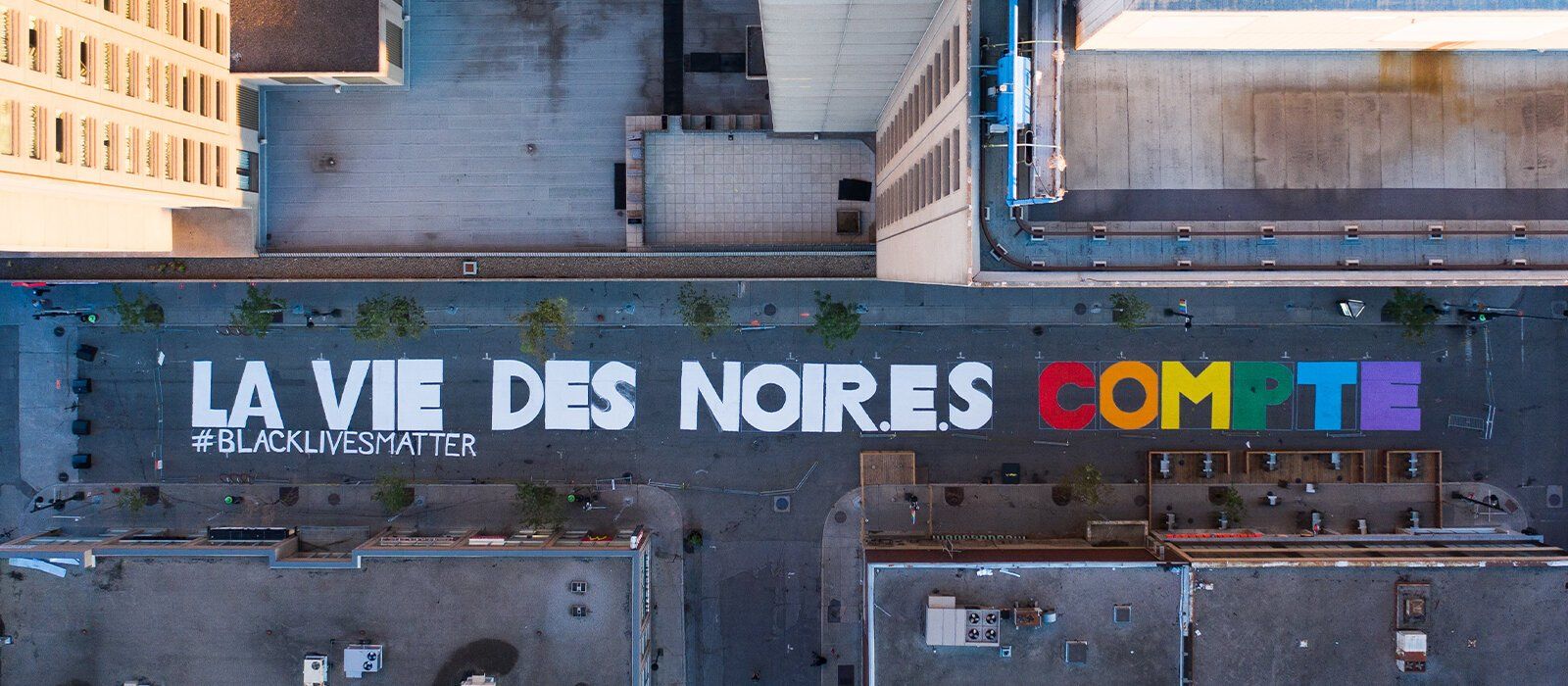
States are presently strengthening their control over their citizens. But today’s obedience must be handled with great care. Control over people must be handled with a delicate hand, to keep a vulnerable and delicate level of trust in place. Governments should not make the mistake of stretching the rubber band too far.
Today, most people obey the strict measures but the obedience is conditional. The state will lead the potential victims of this disease into safety. The condition is that the state proves that the trust is deserved. Trust must be reciprocal. Obedient citizens expect that they will be given back the space they left. The space that is offered for the state to guide and heal them. Any perceived betrayal of that trust may come at a price.



